T4K3.news
Pacific Place Update
Pacific Place faces high vacancies as anchors depart; city programs may seed new life with pop ups this month.
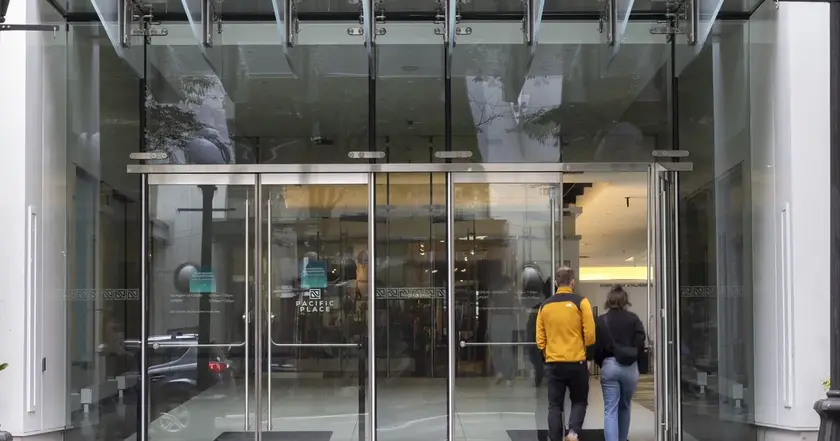
The exodus of national brands leaves Pacific Place with high vacancies and prompts a push toward short term pop ups as a path to revival.
Seattle's Pacific Place Mirrors Downtown Retail Woes
On a July afternoon, downtown Seattle hums with office workers and visitors, but Pacific Place feels different. Local tenants like Kylejaca Hair, owner of Debonair Decor, say the past 18 months have been the toughest in five years, with foot traffic thinning after big brands pulled out. People stop to browse but the energy is noticeably thinner and shopfronts look less inviting.
Nearly a decade after a four year renovation, the center changed hands. In May 2024 BH Properties bought Pacific Place for 88.25 million, a fraction of its value a decade earlier. Today the mall is about half full, with 55 percent of spaces vacant in 2024 and only four national brands remaining among 17 retailers. Most leases are short term, and anchors like Lululemon and Tiffany have left, making it harder for smaller businesses to rely on consistent foot traffic. Leasing manager Janel Jensen says anchors will help turn the corner, but large format malls need proof of success before brands commit. Seattle Restored, a city program, is helping by offering three to six month pop ups, and two new shops are planned to join Pacific Place this month, a sign of cautious life returning to the space.
Key Takeaways
"Retail is recovering, time has to pass to get stores open"
Leasing manager on recovery timeline
"We want to be part of this, neighbors supporting the city"
Barrios on the value of pop ups
"If management can get more quality stores in here then that can change"
Hair on potential impact of better anchors
"There were so many closures once one went away and all these big stores left"
Palomino on downtown decline
Pacific Place mirrors a broader trend in downtown retail. Big brands are stepping back from large enclosed spaces as foot traffic remains uneven and costs stay high. The sale to BH Properties shows investors treating downtown as a revival project rather than a quick turnaround. Short term leases and pop ups reduce immediate risk for landlords but complicate long term planning for retailers. The city program Seattle Restored aims to seed life with temporary spaces, but the challenge is convincing anchors to take a leap and commit to longer leases.
Beyond Pacific Place, Seattle’s downtown is still adapting to changing shopping patterns. Bellevue and other suburbs attract foot traffic with different cost dynamics, suggesting Seattle must offer a compelling mix of spaces and experiences. The recovery may hinge on a few strong anchors and a steady return of pedestrians who walk and linger, not just pass through. The story remains work in progress, with optimism tied to tangible successes in the next few quarters.
Highlights
- Retail is recovering, time has to pass to get stores open
- We want to be part of this, neighbors supporting the city
- If management can get more quality stores in here then that can change
- There were so many closures once one store left and all these big stores left
Downtown Seattle retail exposed to investment risk
The sale of Pacific Place to a new owner and ongoing vacancies highlight financial risk for investors and tenants. Large spaces are costly to maintain and the timeline for attracting anchors is uncertain, raising questions about downtown revival.
Downtown retail is a long game and Pacific Place could be a bellwether for what comes next.
Enjoyed this? Let your friends know!
Related News
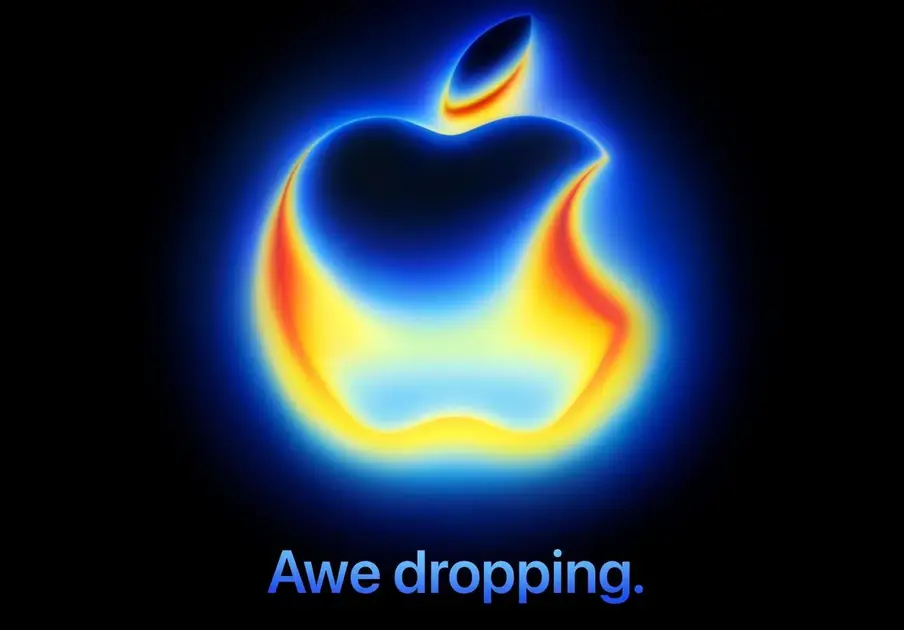
Apple confirms iPhone 17 keynote date
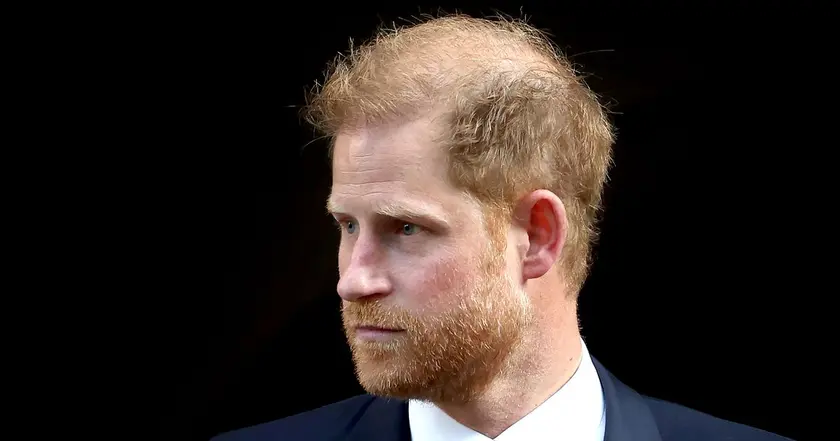
Prince Harry signals rapprochement at VJ Day tribute

Apple iPhone 17 release timeline updated

Apple unveils iPhone 17 lineup at Awe-Dropping event
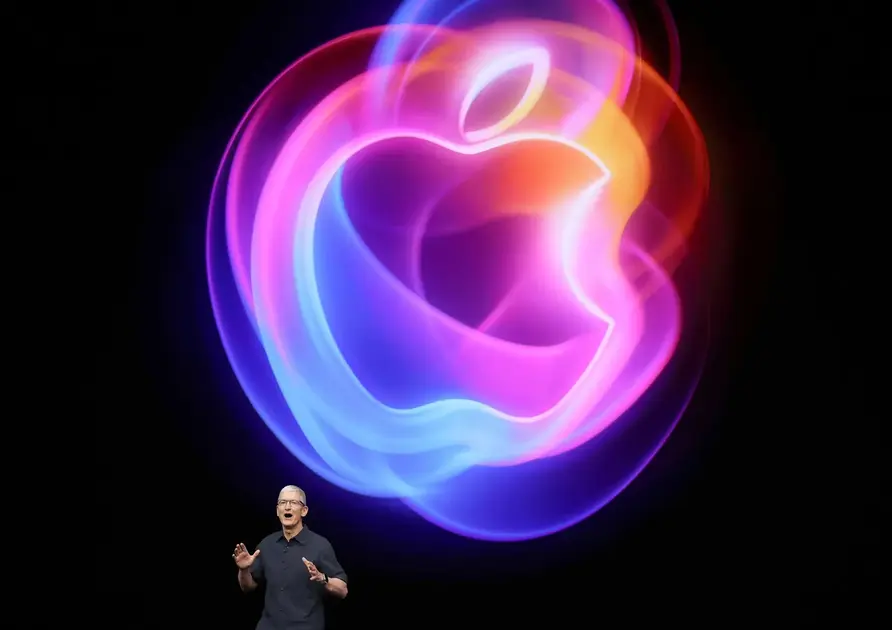
Apple iPhone 17 Release Dates Confirmed
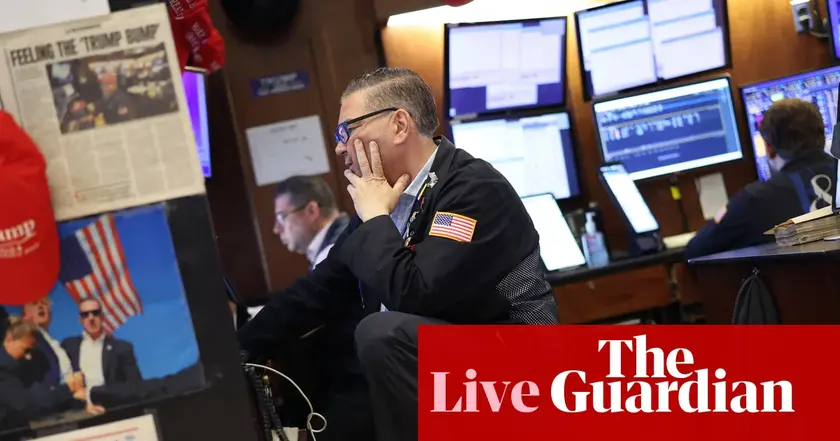
Thames Water contingency plans approved
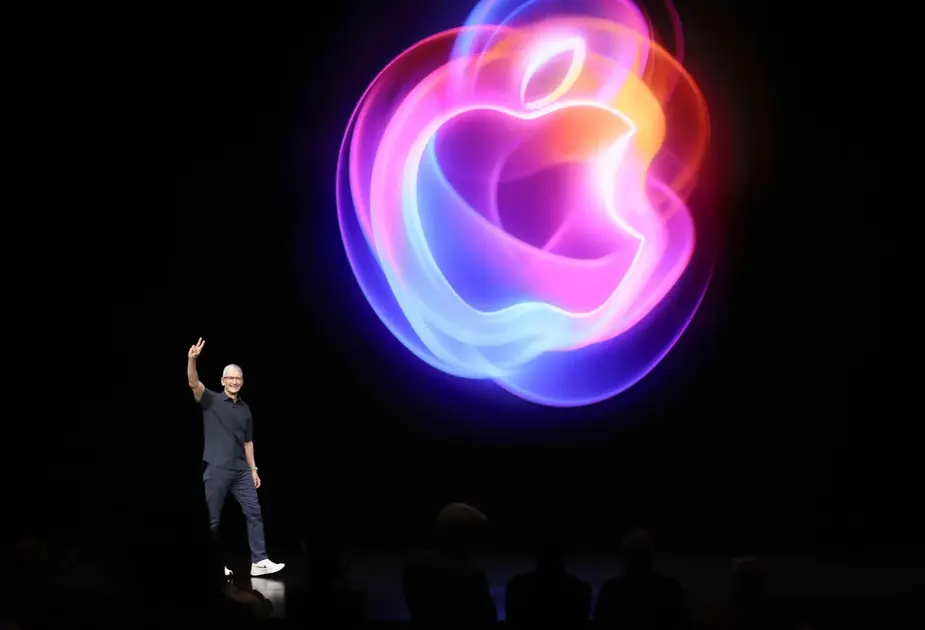
Apple iPhone 17 release schedule update

Trump signals peace talks with Russia ahead of Alaska summit
